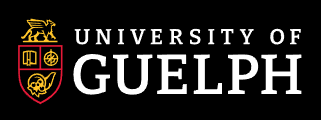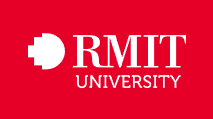Research and Reform of Functional Experiment Teaching Based on Generative Artificial Intelligence
DOI:
https://doi.org/10.63313/IJSSEH.2002Keywords:
Generative artificial intelligence, Functional experiment, Teaching reform, Innovative ability, Practical abilityAbstract
With the rapid advancement of technology, generative artificial intelligence is gradually permeating the field of education. Functional experiment teaching constitutes a vital component of medical education. However, traditional models struggle to meet the demands of personalized learning and innovation capacity cultivation due to limitations in experimental equipment and resources, rigid teaching methodologies, and untimely resource updates. This paper delves into the reformative concepts and practical pathways for applying generative artificial intelligence in functional experiment teaching, analyzing its notable advantages in enhancing teaching effectiveness and fostering students' innovative abilities. Simultaneously, it reflects on potential challenges during implementation, aiming to provide valuable insights for the innovative development of functional experiment teaching.
References
[1] Zuo Teng, Wu Tong, Song Xiaowei, et al. Dilemmas and Path Exploration of Artificial Intel-ligence Empowering the Transformation of Higher Education [J]. Higher Education De-velopment and Evaluation, 2025, 41(04): 30-41+130-131.
[2] Chu Ming. Thoughts and Prospects on Artificial Intelligence Empowering the Reform of Immunology Teaching [J]. Chinese Journal of Immunology, 2025, 41(06): 1281-1285.
[3] Su Fugen. Risks and Governance of Generative Artificial Intelligence Promoting Higher Education Development from the Perspective of Complex Systems [J/OL]. Research in Higher Education of Engineering, 1-6 [2025-07-02].
[4] Song Qi, Sui Feng, Huo Hairu, et al. Exploration of Generative Artificial Intelligence Pro-moting Multimodal Interactive Teaching Mode in "Pharmacology of Chinese Materia Medica" [J/OL]. Lishizhen Medicine and Materia Medica Research, 1-4 [2025-07-02].
[5] Xing Yuanyuan, Qian Ling. Reform Actions and Reflections of Top American Universities in Responding to the Teaching Application of Artificial Intelligence [J]. Open Education Re-search, 2025, 31(02): 24-35.
[6] Liu Chang, Hu Jue, Lu Fangguo, et al. Research on the Reform and Development of Medical Education in the Era of "Artificial Intelligence + Education" — Taking Fundamentals of Immunology and Pathogen Biology as an Example [J]. Chinese Journal of Immunology, 2025, 41(06): 1315-1319.
[7] Zhang Fan. Research on Artificial Intelligence Technology Empowering the Reform and Innovation of Ideological and Political Theory Courses in Colleges and Universities [J]. School Party Building and Ideological Education, 2025, (04): 53-56+60.
Downloads
Published
Issue
Section
License
Copyright (c) 2025 by author(s) and Erytis Publishing Limited.

This work is licensed under a Creative Commons Attribution 4.0 International License.





















